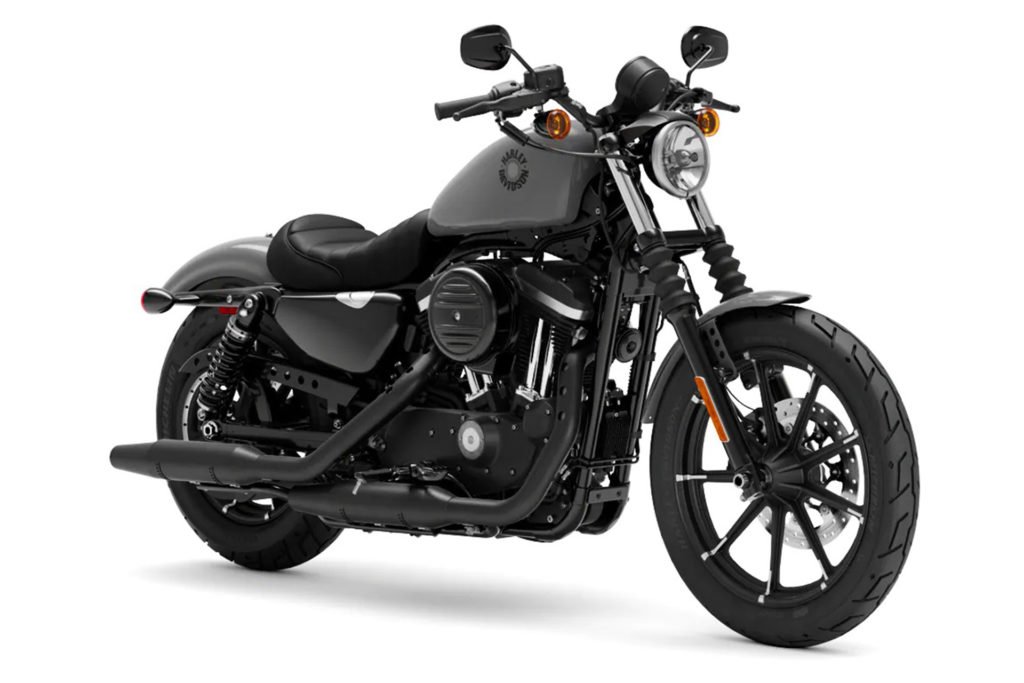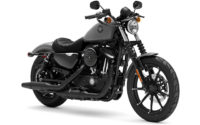Factors Influencing Motorcycle Values
Motorcycles have long been a symbol of freedom, adventure, and a unique way of life. Whether you’re a seasoned rider or just someone intrigued by these two-wheeled marvels, you’ve probably noticed that motorcycle values can vary greatly. From vintage classics to modern sport bikes, the factors influencing motorcycle values are diverse and often interconnected. In this article, we will delve into the intricate web of elements that shape the worth of motorcycles in today’s market.

1. Brand and Reputation:
One of the most significant factors that influence motorcycle values is the brand and its reputation. Established and prestigious brands tend to hold their value better than lesser-known or newer ones. Brands like Harley-Davidson, BMW, and Ducati have built a legacy of quality, craftsmanship, and tradition over decades, making their motorcycles desirable and sought after. The brand’s history, innovative technology, and overall reputation for reliability and performance contribute to its value.
2. Rarity and Collectibility:
Just like any other form of art or collectible, rarity plays a crucial role in determining motorcycle values. Limited production runs, special editions, and iconic models that are no longer in production can command significantly higher prices. Collectors and enthusiasts often seek out motorcycles that hold historical significance or have unique features that set them apart from the rest. Vintage bikes that have been meticulously maintained and preserved can fetch astronomical prices at auctions.
3. Age and Condition:
Age is an obvious factor that affects motorcycle values. However, it’s not just the number of years that matter; the condition of the motorcycle is equally important. A well-maintained, low-mileage vintage bike might be worth more than a newer model that has suffered neglect. Originality, absence of rust or corrosion, and proper functioning of components all contribute to a motorcycle’s value. Restored bikes, if done professionally and authentically, can also fetch higher prices due to the effort and craftsmanship involved.
4. Performance and Technology:
Motorcycle enthusiasts often seek out bikes that offer exceptional performance and cutting-edge technology. Modern sport bikes with advanced suspension systems, electronic rider aids, and powerful engines are highly valued by those looking for an exhilarating riding experience. The level of engineering, innovation, and performance capabilities can significantly impact a motorcycle’s worth. However, it’s important to note that technology can quickly become outdated, potentially affecting the long-term value of a motorcycle.
5. Customization and Modifications:
Customization is a double-edged sword when it comes to motorcycle values. While tasteful and well-executed modifications can enhance a bike’s appeal and uniqueness, excessive or poorly done customization can have the opposite effect. Collectors and enthusiasts often prefer motorcycles in their original, stock condition, as modifications can sometimes alter the bike’s historical or aesthetic value. However, in certain cases, custom bikes crafted by renowned builders can actually appreciate in value due to their artistry and uniqueness.
6. Market Demand and Trends:
Motorcycle values are also influenced by market demand and trends. Popular styles, such as café racers, scramblers, or vintage classics, can experience fluctuations in value based on current trends and the preferences of riders and collectors. Economic conditions, consumer sentiment, and societal shifts can impact which types of motorcycles are in high demand. Staying attuned to these market dynamics can help buyers and sellers make informed decisions.
7. Cultural and Historical Significance:
Motorcycles often hold cultural and historical significance that can elevate their value. Bikes associated with famous riders, historical events, or iconic movies can capture the imagination of enthusiasts and collectors, driving up their worth. For instance, the motorcycle used in a classic film like “Easy Rider” or a bike that was ridden by a renowned racer can become highly sought after due to the stories and emotions they evoke.
8. Maintenance and Documentation:
A well-documented service history and provenance can greatly influence the value of a motorcycle. Buyers feel more confident investing in a bike that comes with comprehensive records of regular maintenance, repairs, and upgrades. Documentation can provide insights into how the bike was cared for, its usage patterns, and any notable events in its history. This transparency can contribute to a higher perceived value and make potential buyers more willing to pay a premium.
9. Economic and Environmental Factors:
Broader economic conditions and environmental concerns can indirectly impact motorcycle values. Fluctuations in fuel prices, government regulations, and emissions standards can influence the demand for certain types of motorcycles. As the world shifts toward more environmentally friendly transportation options, electric motorcycles and bikes with lower emissions might gain traction, affecting the values of traditional gasoline-powered models.
Conclusion:
The world of motorcycles is a dynamic and intricate realm where values are shaped by a myriad of factors. Brand reputation, rarity, age, condition, performance, customization, market demand, cultural significance, documentation, and broader economic and environmental factors all interplay to determine the worth of a motorcycle. Whether you’re an investor, collector, or a rider seeking your next adventure, understanding these influences can help you navigate the exciting journey of motorcycle ownership and appreciation. As tastes evolve and technology advances, the factors influencing motorcycle values will continue to shape the fascinating landscape of the motorcycle market.


